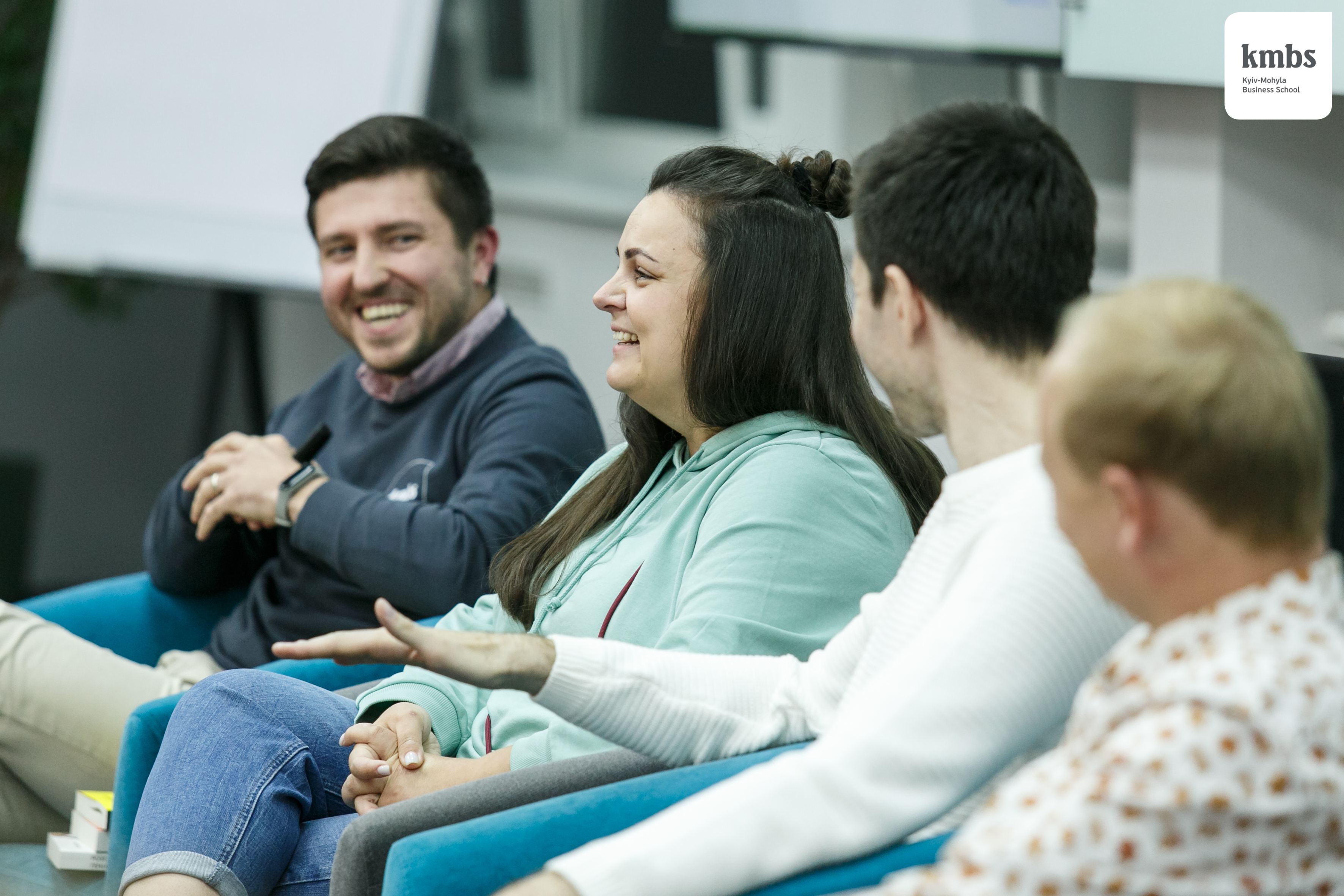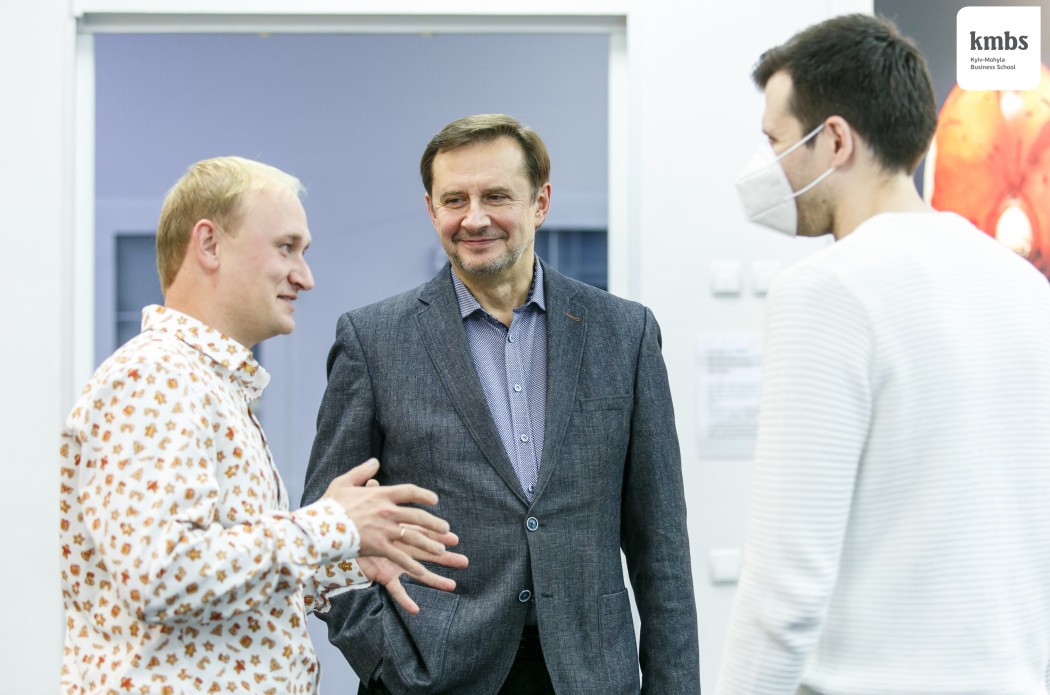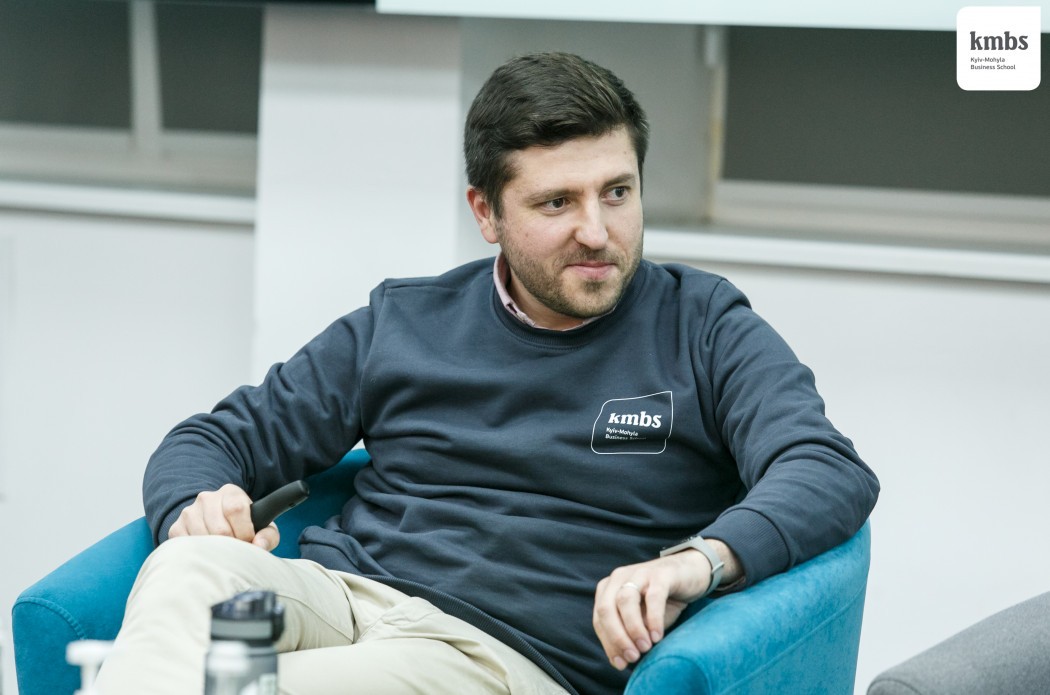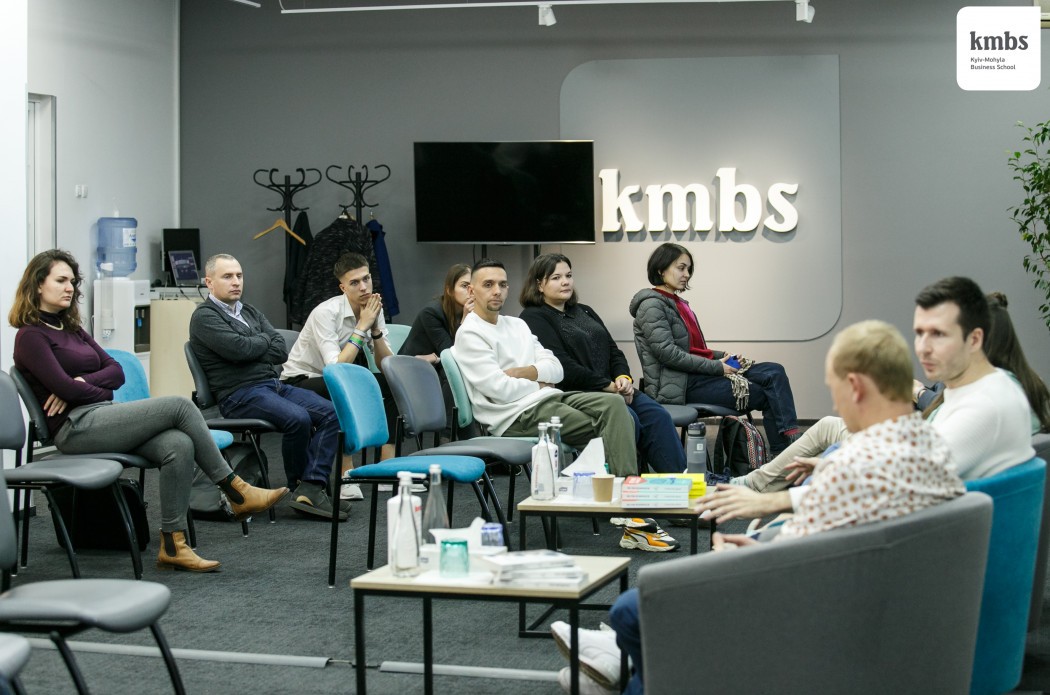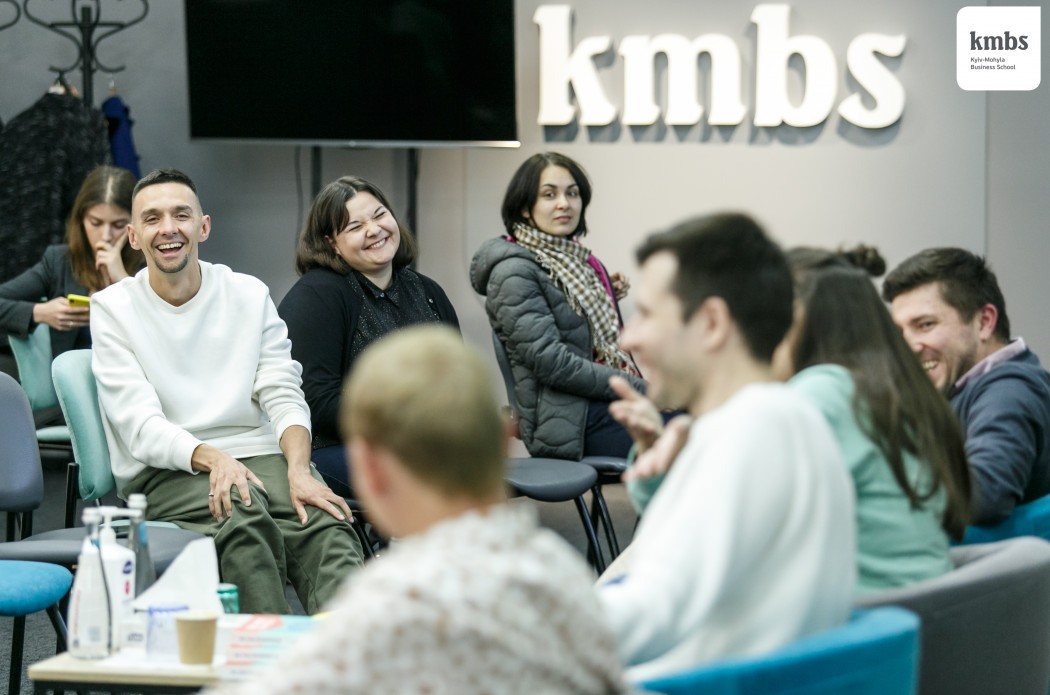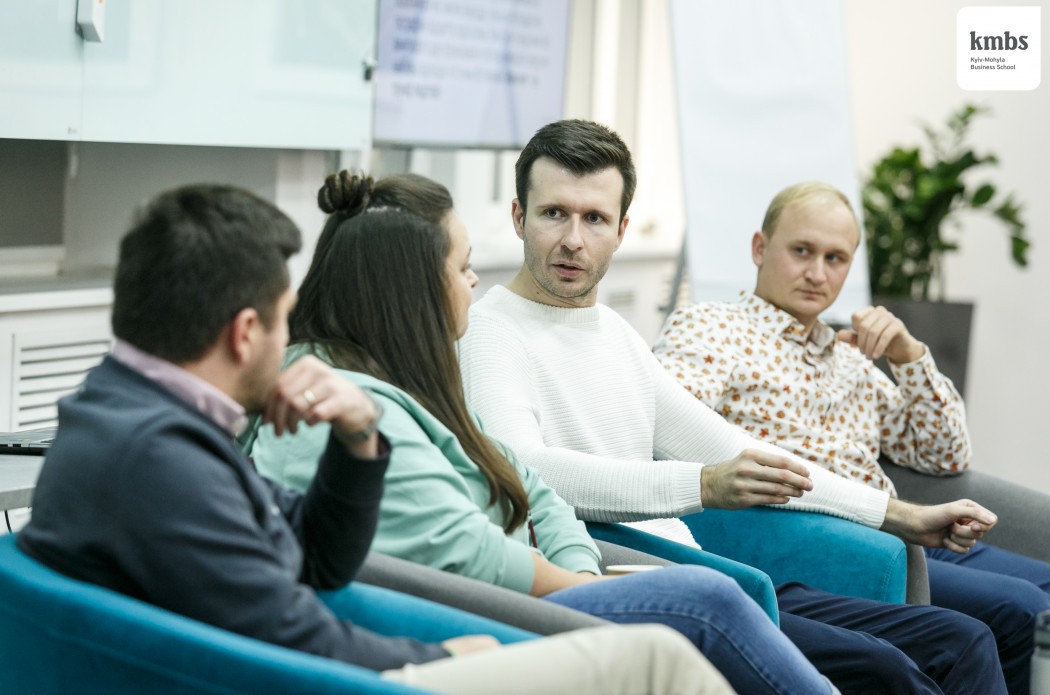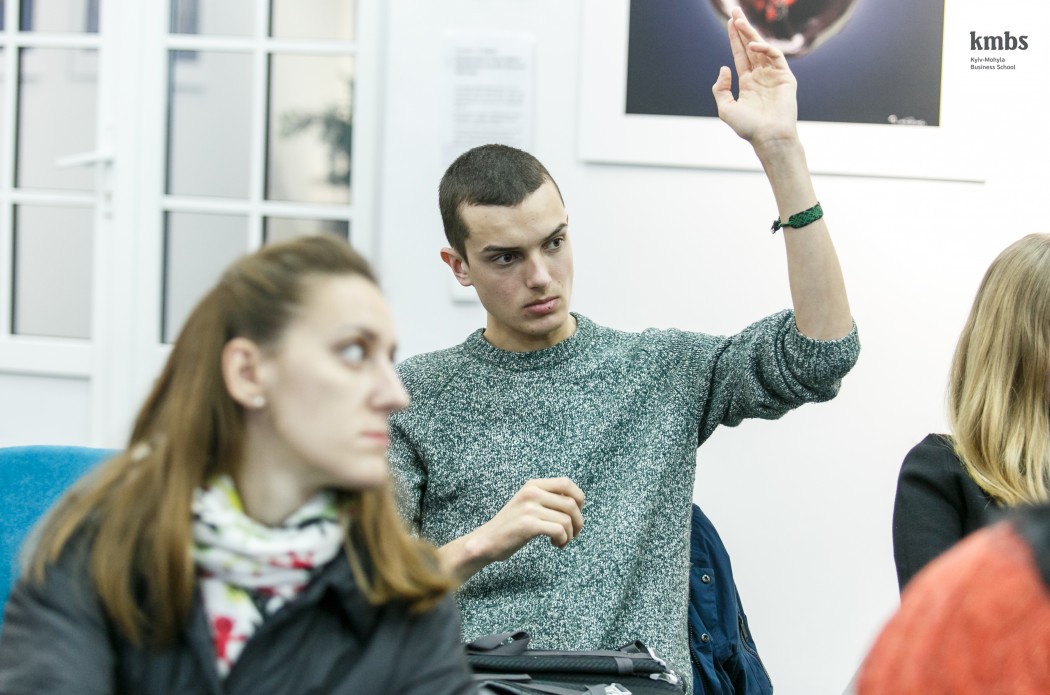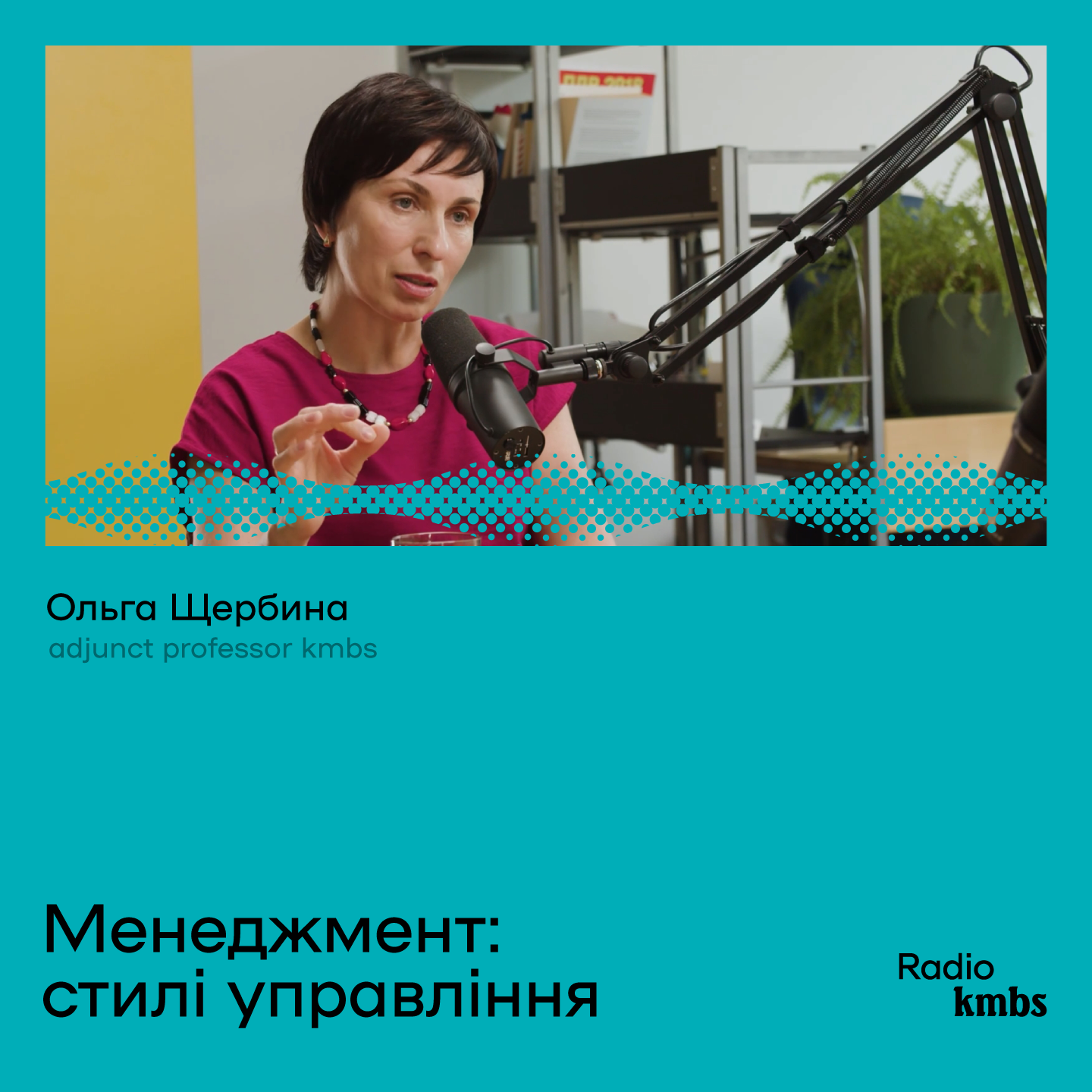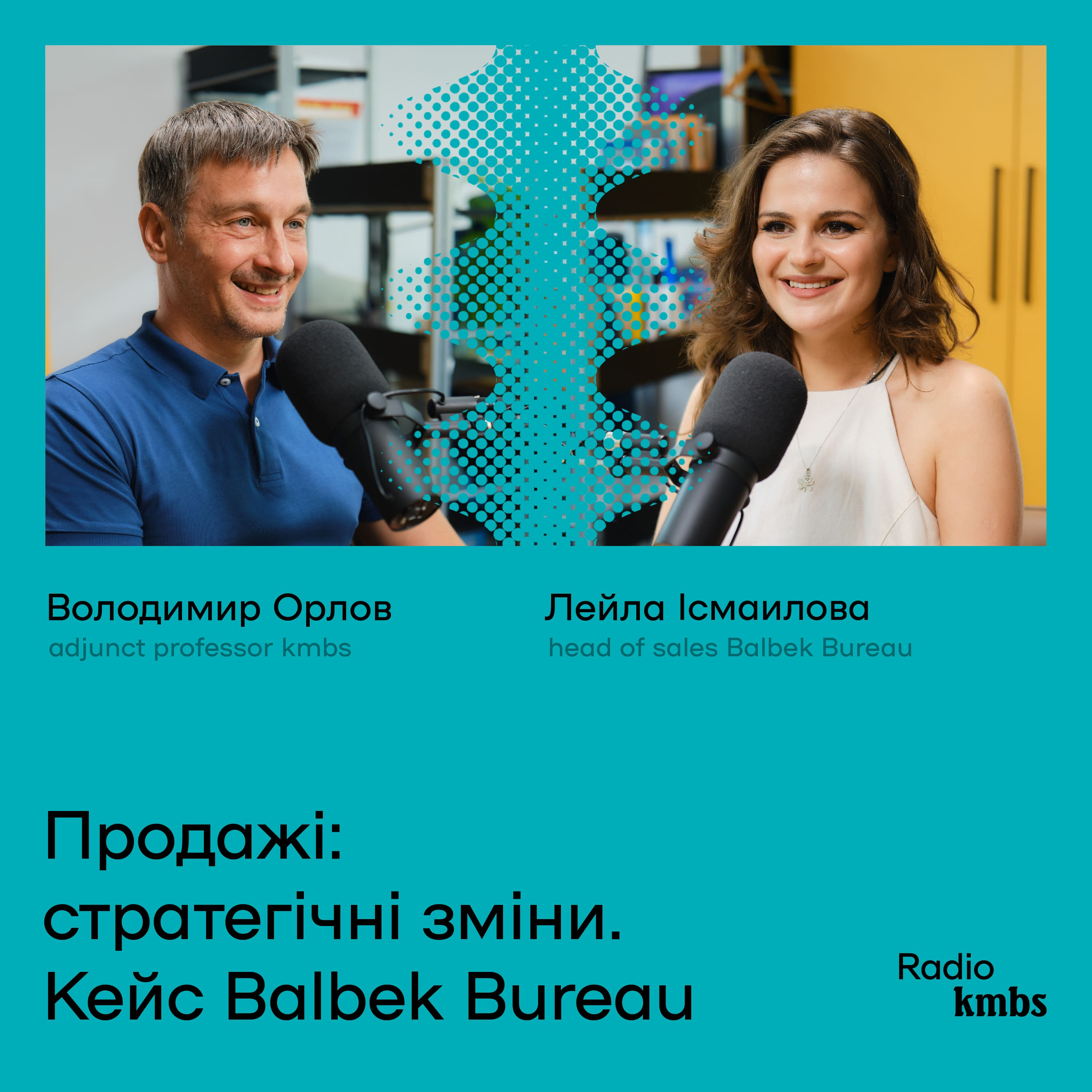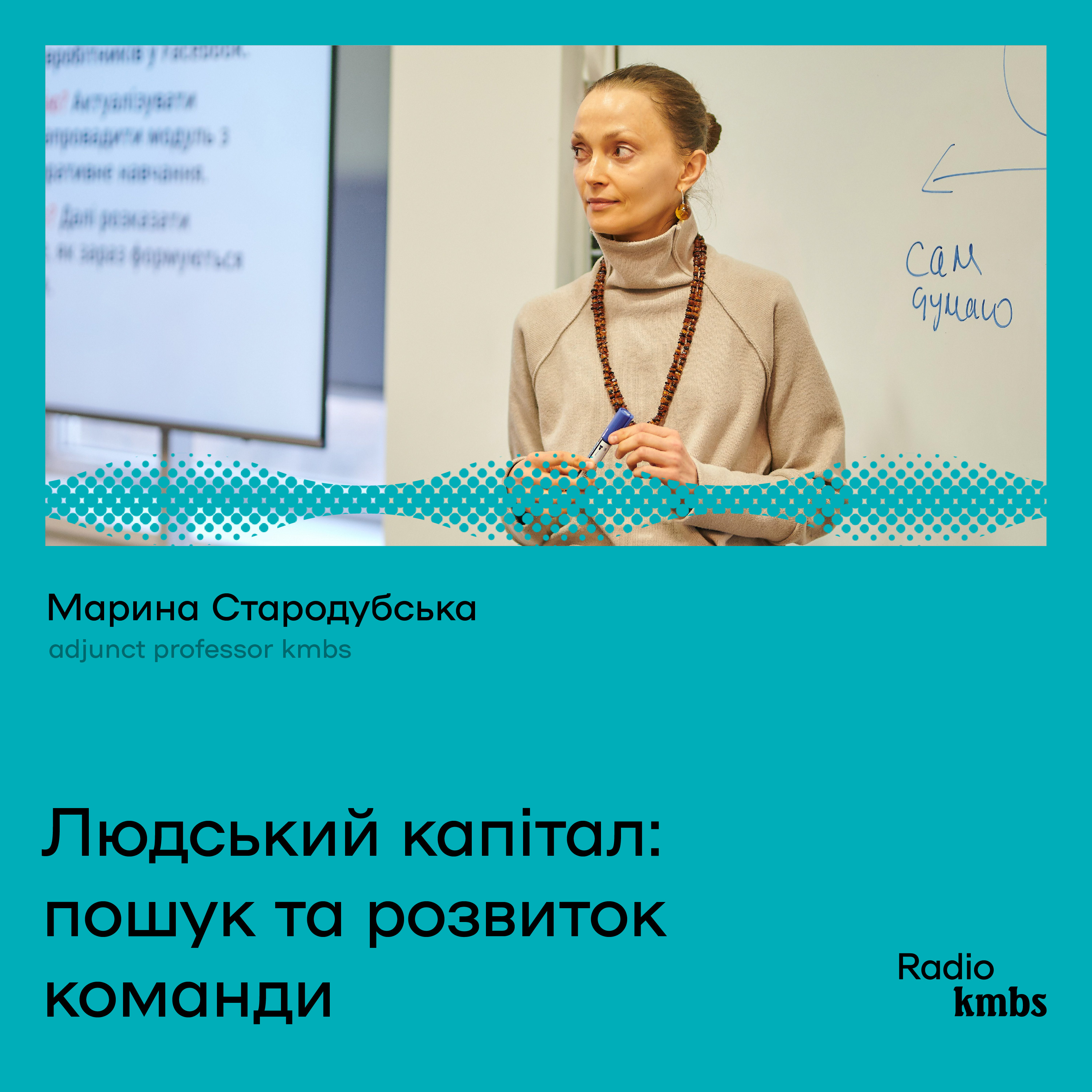Anton Martynov, Olena Severenchuk, Ivan Prymachenko and moderator Timur Demchuk discussed the current educational capabilities. Education as capacity building and transformational leaders in the context of the less obvious question of what is the result and what is the consequence. In this direction, the conversation of training specialists, who gathered to discuss the current state of the science of teaching and educational practices in Ukraine, went.
When Timur Demchuk, head of corporate training at kmbs and a lecturer at Future and kmbs, updated a slide with four portraits and asked listeners to name these people, the question for kmbs participants was surprisingly simple. After all, the teachers of the School often turn to this case. That is "the most famous classmates in world history" (quoting Timur Demchuk) and their teacher: Aristotle — Alexander the Great, Ptolemy, Seleucus. In what way and for what did Aristotle create his academy so that its graduates were able to start empires and develop states? This was the main topic of discussion.
Since the time of Aristotle, the forms of learning and the motivation to learn have changed, but at least one thing has remained the same: "Every student would prefer to have access to his own Aristotle." The role of the teacher is still fundamental to the teaching system. Even in those formats where the teacher is virtually absent and the children teach each other through a partnership system, the absence of a mentor is equal to the presence of his role function.
Olena Severenchuk, head of the communication office of the Small Academy of Sciences (which owns this part about "access to Aristotle's own"), occasionally mentioned one of TED Talks' hit speeches, "Every Kid Needs a Champion," delivered by Rita Pearson. She works with people who have learning difficulties. One of her students wrote a test on twenty questions, eighteen of which she answered incorrectly. Pearson returned the job to him, which she rated not at the usual "minus 18" but at "plus 2". Olena Severenchuk noted such an approach as what we should strive for when talking about the role of teachers in modern education. The mentor motivates, interacts, gives the right to make mistakes, in particular. In particular, there will be many more such points because the context of learning fear is so dynamic, as evidenced by the last year and a half.
Teaching formats are indeed changing. Those who now prefer Aristotle as their mentor prefer him in a different context. And the language is not even in the classroom approach, to which several generations have become accustomed and from which, fortunately, began to abandon gradually. Anton Martinov, the publishing house "Laboratory" and Librarius, rightly noted that learning formats are not just changing but scaling. Any innovation in education remains a point experiment, if not provided for mounting — all participants agreed.
The major transformation in teaching that has taken place since the time of Aristotle is the mass reproduction of knowledge: Aristotle is not enough for everyone. And there is a danger (which is fully faced by specialized education): once mastered approach, a person adapts to address issues in various fields. That is why it is time to abandon a comprehensive course in favor of value learning (which is impossible without radical changes in teacher education).
Olena Severenchuk drew the listeners' attention to the fact that there are two hundred private schools today and about five hundred public ones in Kyiv. Of course, there are more students in public schools (and even then, Kyiv schools cannot cope with population growth). No other European city has so many private schools. This means — Ivan Primachenko commented on the situation — that the public education system urgently needs to be transformed. Something in it is not working as it should.
Ivan Prymachenko is a co-founder of the mass open online courses Prometheus, about the experience of which he told. The average age of participants is 35-40 years, the videos on the platform do not exceed ten minutes. This is how the struggle for attention continues. This is how the battle for a motivated student continues. An adult will be led to study by a strong motivation, a desire to learn, and finally a positive experience — his own or someone close to him. Education is animated. Everything that happens in the world is multiplied by education — Ivan rightly emphasized — new ideas need to be scaled, the system of education is no exception. "Some ideas about learning are fundamentally out of scale," Ivan Pryimachenko closed the dream at this point in the discussion, as every gifted student has direct access to a brilliant mentor. But the reform of pedagogical education is a fundamental task to be accomplished.
Timur Demchuk quoted Ron Friedman's book "The Solution of Genius" (recently published by the Laboratory) in time; The researcher advised how to reach the level of genius: work to the limit, use opportunities for development, and deeply reflect on your work. It sounds simple enough to be a complex recipe for the ability to transform in learning.

